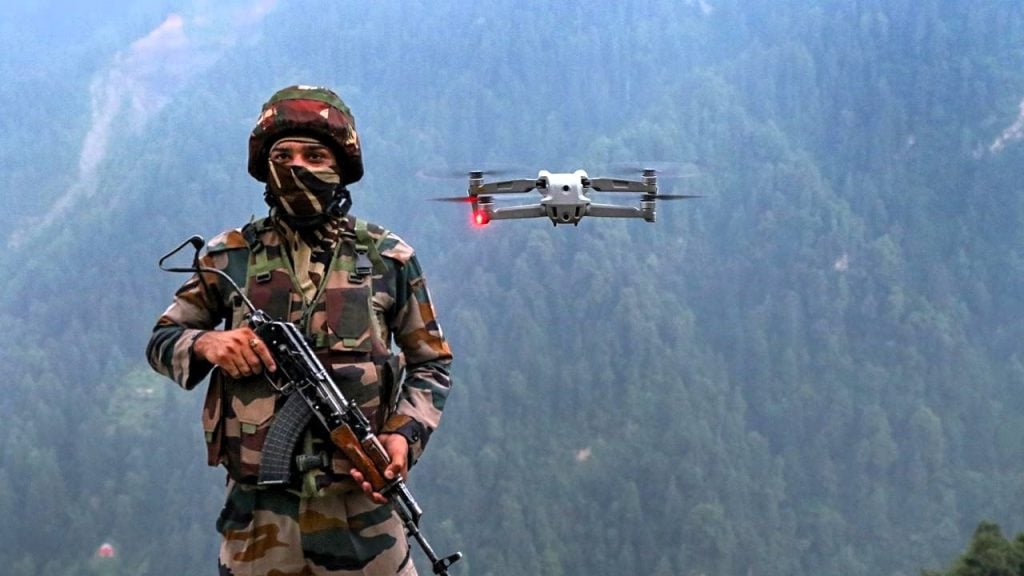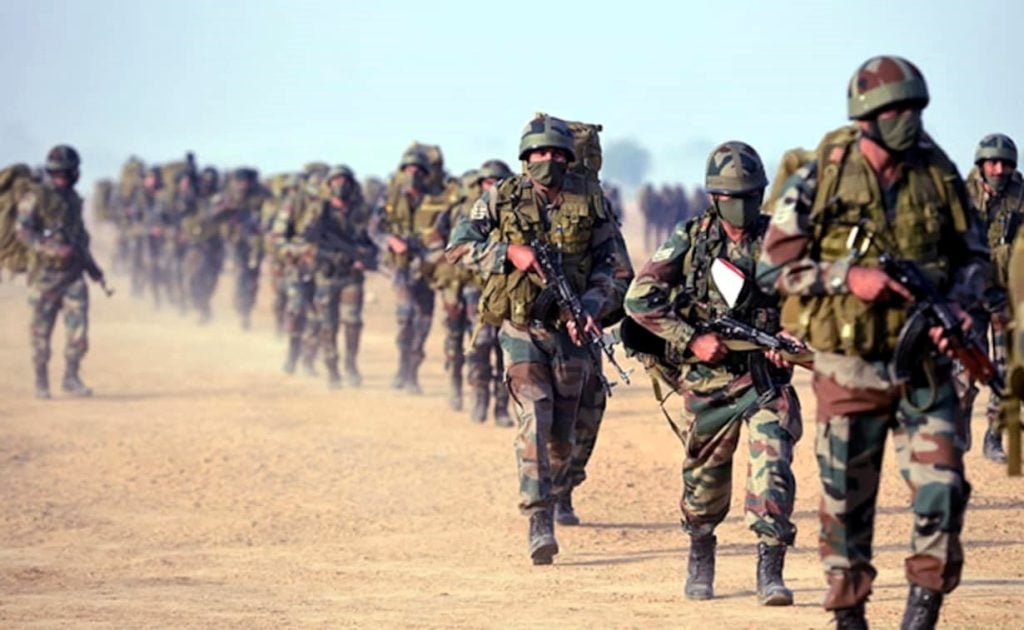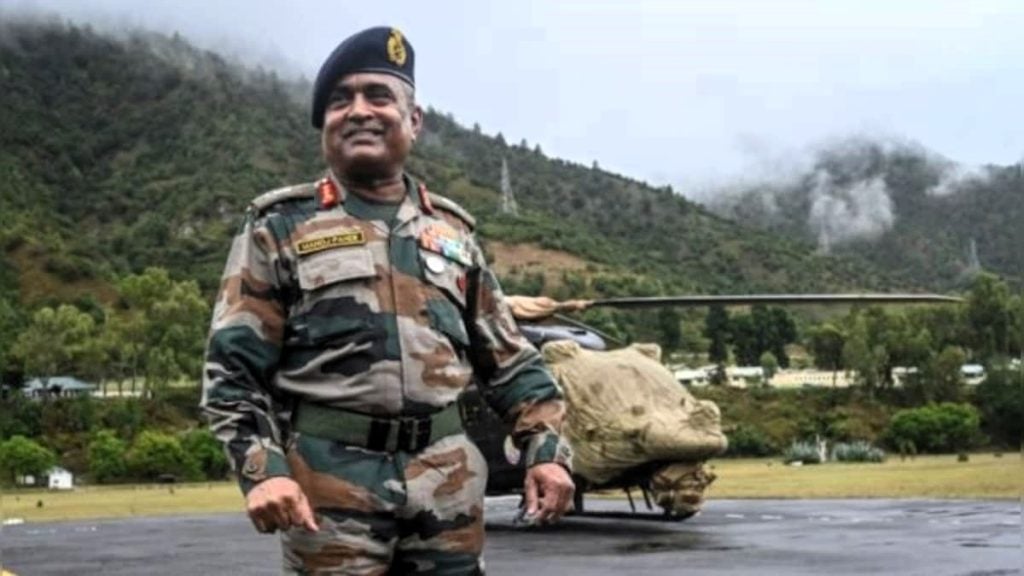Donning the prestigious uniform of the defence forces is a dream cherished by many. However, the path to this coveted goal is paved not with mere fantasies, but with consistent, disciplined effort. As Gen. George S. Patton aptly said, “Accept the challenges, so that you may feel the exhilaration of victory.”
Just as a castle is built brick by brick, the journey of a defence aspirant involves cultivating specific habits and practices that steadily propel them towards their objective. In this comprehensive guide, we will explore the Top 7 Military Habits for Defence Aspirants must adopt to stand tall and victorious one day.
5 Fighter Jets With the Coolest Helmet Technology
1. Waking Up Early
The early bird truly does catch the worm when it comes to defence training. Waking up before dawn not only instils a sense of discipline but also grants a fresh start to the day, brimming with productivity and positivity. By rising early, defence aspirants can seamlessly adapt to the rigorous schedules that await them in the forces, where mornings are dedicated to drills and physical training.
Beyond just waking up, it is crucial to make the most of those precious early hours. Engaging in activities that stimulate the mind, such as reading newspapers, studying course material, or even tidying one’s living space, can help cultivate the mental sharpness and attention to detail required for a successful defence career.
2. Physical Fitness
A strong body houses a strong mind, and this maxim holds true for defence aspirants more than anyone else. Committing to a consistent workout routine is not merely a box to tick, but a fundamental pillar of the military lifestyle. Whether it’s a brisk morning run, a gruelling strength training session, or a disciplined yoga practice, regular physical activity instils the self-discipline, determination, and resilience essential for the demands of defence training and service.
Beyond the physical benefits, a dedicated fitness regimen also serves to boost confidence, mental clarity, and overall well-being – all of which are crucial for acing selection tests and thriving in the high-pressure environment of the defence forces.
3. Developing Leadership Skills
While some may believe that leaders are born, the truth is that leadership is a skill that can be honed through consistent practice and a willingness to take on challenges. Defence aspirants need not wait until their Group Task Orientation (GTO) to start showcasing their leadership potential.
Opportunities to cultivate these skills can be found in everyday situations, from leading a small group project at college to organizing a trip with friends. The key lies in inspiring and guiding team members, rather than simply asserting authority. Effective leaders are those who can devise strategies collaboratively, foster a sense of camaraderie, and bring out the best in their team.
4. Maintaining Composure
In the high-stakes world of defence, the ability to remain composed and level-headed in the face of adversity is paramount. As Winston Churchill once said, “Success is not final, failure is not fatal, it is the courage to continue that counts.” Defence aspirants must embrace this mindset, learning to keep their cool when faced with challenging situations, whether it’s a public reprimand from a superior or a looming deadline.
Cultivating patience, calmness, and composure not only helps aspirants navigate the rigors of training but also prepares them for the unpredictable nature of military service, where quick thinking and sound decision-making under pressure can mean the difference between success and failure.
Top 16 Badges of a Para SF Commando
5. Embracing Service Before Self
The ethos of “service before self” is deeply ingrained in the defence forces, and it is a value that every aspiring candidate must strive to embody. In a world often consumed by self-interest and individualism, being thoughtful, selfless, and dedicated to the greater good is a rare and admirable quality.
Defence aspirants can begin to internalize this mindset by taking small, everyday actions that prioritize the needs of others, such as helping colleagues or classmates with their work, even when one’s own tasks are unfinished. This spirit of altruism and community-mindedness not only strengthens interpersonal relationships but also lays the foundation for the unwavering commitment to country and countrymen that is the hallmark of a true defence professional.
6. Fostering Responsibility, Loyalty, and Truthfulness
In the defence forces, where lives and national security are at stake, the values of responsibility, loyalty, and truthfulness are non-negotiable. Defence aspirants must cultivate these qualities not just for the sake of their own careers, but as a matter of principle and ethical conduct.
Being a responsible individual means taking ownership of one’s decisions and their consequences, and proactively seeking solutions to challenges. Loyalty and truthfulness, on the other hand, translate to a steadfast commitment to the organization and a refusal to compromise on integrity, even in the face of personal gain or external pressure.
These traits are the hallmarks of a true defence professional, and they must be nurtured and practiced diligently, both in and out of the military context.
7. Embracing Adaptability and Quick Learning
The transition from civilian life to the rigorous world of defence training is marked by a steep learning curve and the constant need to adapt to new environments, protocols, and demands. Defence aspirants must be prepared to embrace this challenge with enthusiasm and an eagerness to learn.
Adaptability, in this context, means being open-minded, flexible, and resilient in the face of change. Quick learning, on the other hand, requires a thirst for knowledge, the ability to grasp new concepts rapidly, and a willingness to experiment with innovative approaches to problem-solving.
By cultivating these qualities, defence aspirants can navigate the fast-paced, no-nonsense atmosphere of the defence forces with ease, positioning themselves for success in both selection tests and the demanding realities of military service.
Exploring 9 Misconceptions About Soldiers
Conclusion
The journey to a defence career is paved with numerous challenges, but the rewards of this noble profession are unparalleled. By adopting the 7 military habits outlined in this comprehensive guide – from waking up early and maintaining physical fitness to developing leadership skills and embracing adaptability – defence aspirants can position themselves for success and the “exhilaration of victory” that Gen. Patton so eloquently described.
Remember, the path to your dream uniform is not one of instant gratification, but of steadfast, disciplined effort. Embrace each challenge with courage, keep your eyes fixed on the goal, and watch as your dedication transforms into the realization of your aspirations.
FAQ
1. Why are military habits important for defence aspirants?
Military habits help build discipline, resilience, and mental toughness, which are essential for success in both the training and operational phases of a defence career.
2. What are the key military habits aspirants should adopt?
Aspirants should focus on discipline, punctuality, physical fitness, attention to detail, teamwork, time management, and a strong work ethic.
3. How does discipline benefit a defence aspirant?
Discipline ensures that aspirants follow a structured routine, maintain focus on their goals, and handle stressful situations effectively, all crucial for military training.
4. Why is physical fitness considered a military habit?
Physical fitness is a core aspect of military life, and maintaining peak fitness levels prepares aspirants for rigorous training and ensures their overall health and performance.
5. How can I improve my time management as a defence aspirant?
Practice setting priorities, create daily schedules, and break tasks into manageable steps to improve your efficiency and ensure timely completion of responsibilities.










